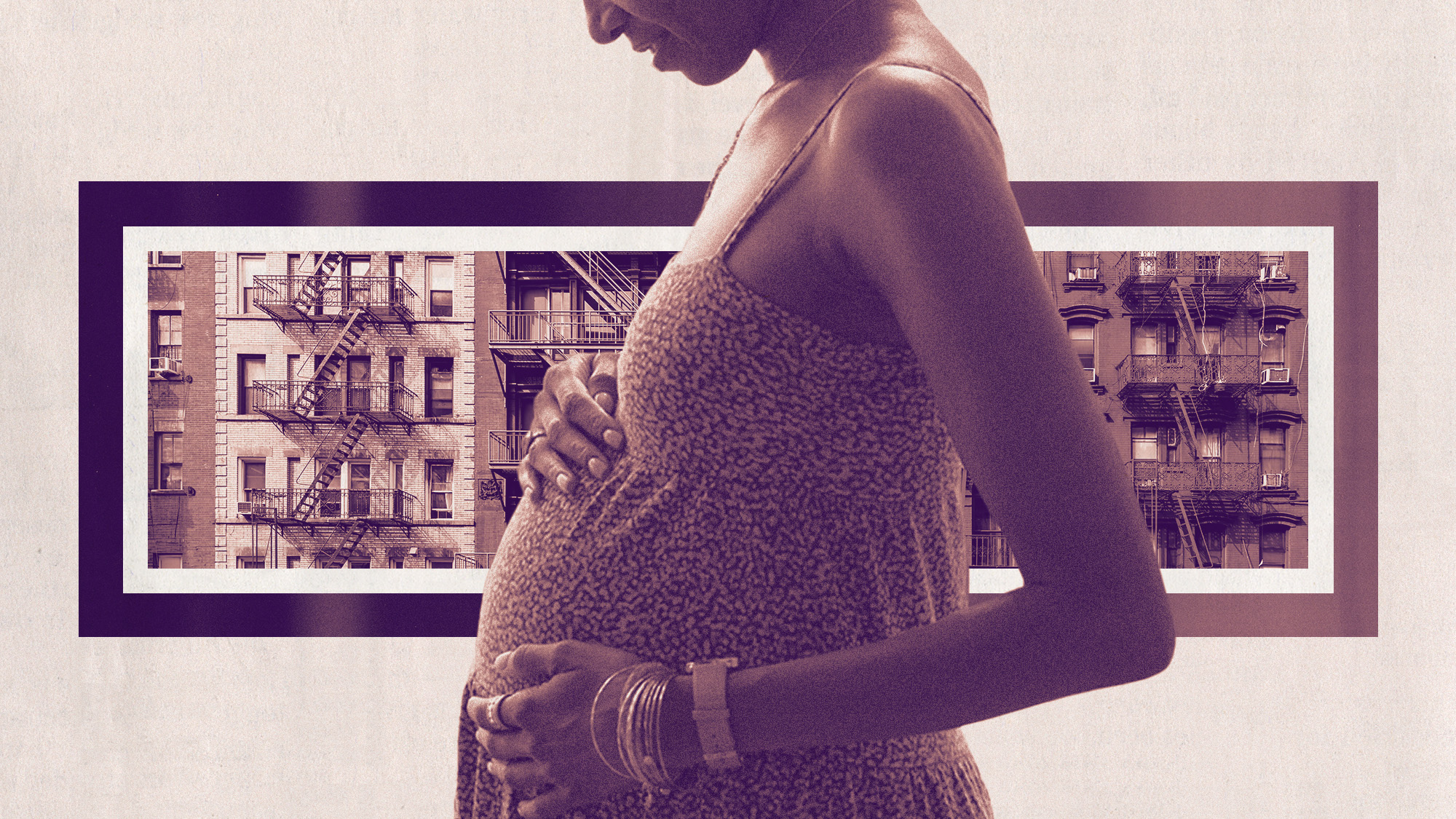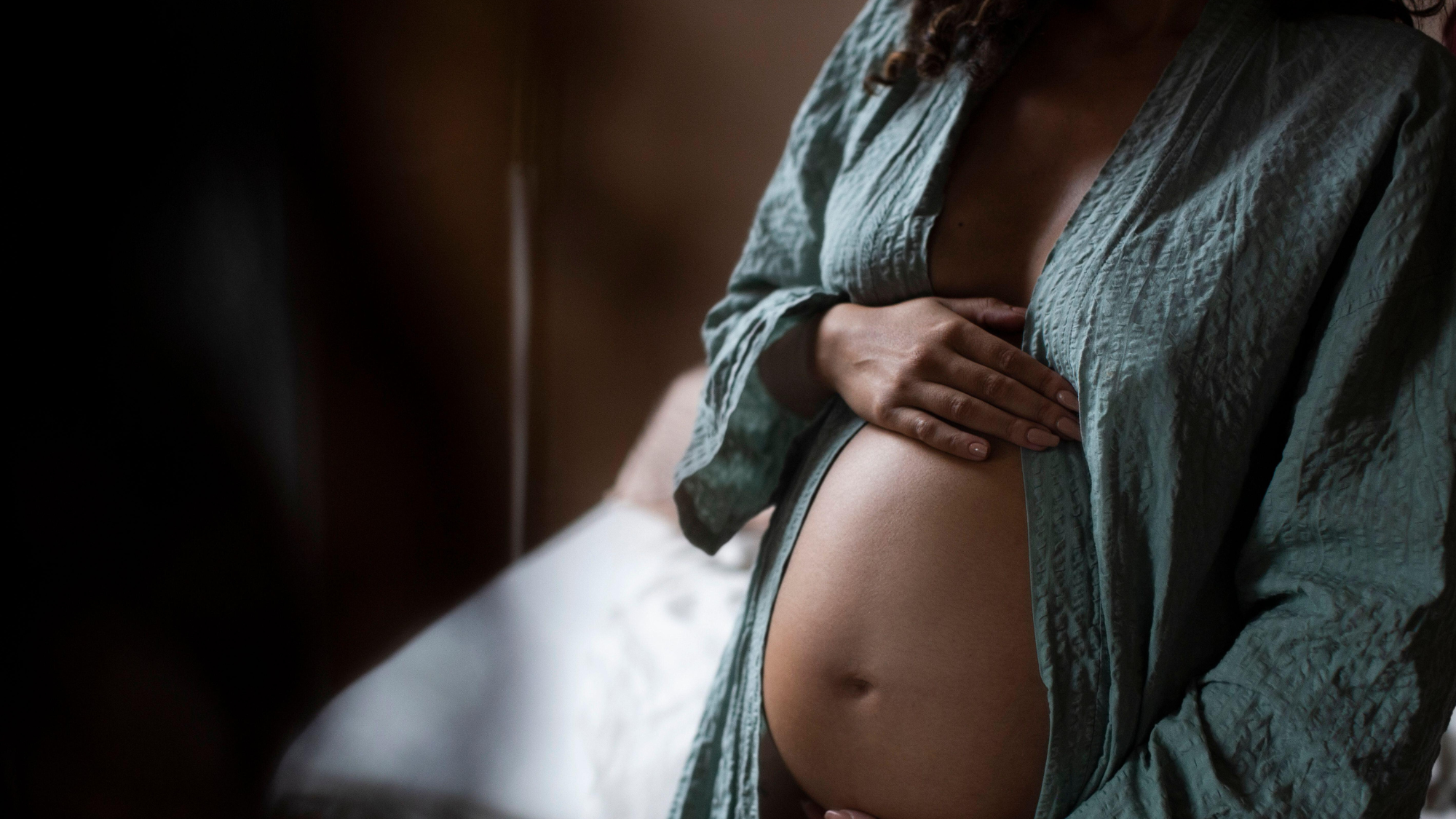More women opt for home births despite high costs
Wary of possible mistreatment by medical professionals, some women are bearing the out-of-pocket costs for a better option


A free daily email with the biggest news stories of the day – and the best features from TheWeek.com
You are now subscribed
Your newsletter sign-up was successful
The vast majority of children in the United States are born in a hospital, but the number of planned home births has gone up significantly in the past few years. At the root of this growing trend is the desire for pregnant women to have their voices heard, but that does not mean home births are accessible to everyone.
Taking back control
Compared to the number of hospital births in the United States, home births are still relatively low. Still, over the past seven years the rate of planned home births has increased by 60% to nearly 2% of all births. The number of home births reached 46,918 in 2023, the highest in three decades and up from 29,592 in 2016, according to a recent analysis published in the Journal of Perinatal Medicine.
The trend "positions the US as the leading developed country in terms of home birth prevalence," the analysis' authors said. While home births are trending upward in general, Black American women have had the most significant growth. Between 2019 and 2020, the number of Black women having home births went up 36%, according to data from the U.S. Centers for Disease Control and Prevention.
The Week
Escape your echo chamber. Get the facts behind the news, plus analysis from multiple perspectives.

Sign up for The Week's Free Newsletters
From our morning news briefing to a weekly Good News Newsletter, get the best of The Week delivered directly to your inbox.
From our morning news briefing to a weekly Good News Newsletter, get the best of The Week delivered directly to your inbox.
The analysts found that much of the rise "stems from women's desire to take back control over their births," said National Geographic. Others want to avoid unnecessary medical interventions or Cesarean section, the Journal of Perinatal Medicine review said. The Covid-19 pandemic also "heightened fears of illnesses that can be contracted in the hospital," National Geographic added. For Black women in particular, a home birth could be a welcome alternative in a country where they are three times more likely to die during childbirth than white women.
For many, the fear of mistreatment by medical professionals outweighs worries they might have about the risks of giving birth outside a hospital. The CDC found that mistreatment during maternity care is so prominent that roughly 20% of women reported experiencing it. Looking at the data from a racial perspective paints an even bleaker picture. Around 30% of Black, Hispanic and multiracial women reported feeling disrespected while receiving maternal care, including being scolded or yelled at or having their requests for help ignored, compared to 19% of white women experiencing the same treatment.
Some Black women who deliver at home seek a Black midwife or doula for added comfort, Laurel Gourrier, a doula and co-host of the podcast Birth Stories in Color, said to National Geographic. Taking the lead in their birth plan is "strengthened by a support team that has a similar lived experience, in a space they have curated and cared for," Gourrier said.
An expensive barrier to home birth
Home births may be more popular, but the cost can be a barrier depending on the state and whether a mother has insurance. On average, home births can cost about $4,650, according to one study, but the price varies and can be much higher. Some insurers cover some of the costs of home birth, but many do not have midwives in their network. Medicaid covers 40% of births nationally, but it only covers home births in about half the states.
A free daily email with the biggest news stories of the day – and the best features from TheWeek.com
Having a home birth was "fun, slightly chaotic, euphoric and tough," new mother Asia Dessert said to National Geographic. She was able to finance her $7,000 home birth with the help of a nonprofit called The Victoria Project. And while she hopes to inspire her friends to follow suit, "homebirth is inaccessible to most people I know because of the money."
In a northwest Iowa birth center where the demand for services has spiked, most of the women seeking a home birth are "white, insured and well-informed," according to Kari Ney, a certified nurse midwife and a member of the Midwifery Care Team at Promise Community Health Center in Sioux Center. A home birth would be preferable for many of her Spanish-speaking and Latino patients, but many of them are insured through Medicaid, which does not cover home births in the state. "Even at our lowest nominal fee that we have — which is like $500 — it's still a barrier," Ney said. The services are too expensive for the uninsured, so "the majority of our clients are the insured population."
Theara Coleman has worked as a staff writer at The Week since September 2022. She frequently writes about technology, education, literature and general news. She was previously a contributing writer and assistant editor at Honeysuckle Magazine, where she covered racial politics and cannabis industry news.
-
 Democrats push for ICE accountability
Democrats push for ICE accountabilityFeature U.S. citizens shot and violently detained by immigration agents testify at Capitol Hill hearing
-
 The price of sporting glory
The price of sporting gloryFeature The Milan-Cortina Winter Olympics kicked off this week. Will Italy regret playing host?
-
 Fulton County: A dress rehearsal for election theft?
Fulton County: A dress rehearsal for election theft?Feature Director of National Intelligence Tulsi Gabbard is Trump's de facto ‘voter fraud’ czar
-
 Metal-based compounds may be the future of antibiotics
Metal-based compounds may be the future of antibioticsUnder the radar Robots can help develop them
-
 A Nipah virus outbreak in India has brought back Covid-era surveillance
A Nipah virus outbreak in India has brought back Covid-era surveillanceUnder the radar The disease can spread through animals and humans
-
 Deaths of children under 5 have gone up for the first time this century
Deaths of children under 5 have gone up for the first time this centuryUnder the radar Poor funding is the culprit
-
 A fentanyl vaccine may be on the horizon
A fentanyl vaccine may be on the horizonUnder the radar Taking a serious jab at the opioid epidemic
-
 Stopping GLP-1s raises complicated questions for pregnancy
Stopping GLP-1s raises complicated questions for pregnancyThe Explainer Stopping the medication could be risky during pregnancy, but there is more to the story to be uncovered
-
 The controversial Free Birth Society
The controversial Free Birth SocietyThe Explainer Influencers are encouraging pregnant women to give birth without midwife care – at potentially tragic cost
-
 More adults are dying before the age of 65
More adults are dying before the age of 65Under the radar The phenomenon is more pronounced in Black and low-income populations
-
 Scientists have developed a broad-spectrum snake bite antivenom
Scientists have developed a broad-spectrum snake bite antivenomUnder the radar It works on some of the most dangerous species
